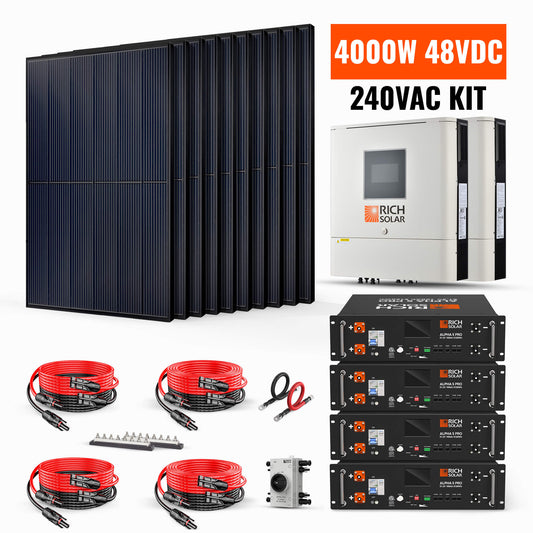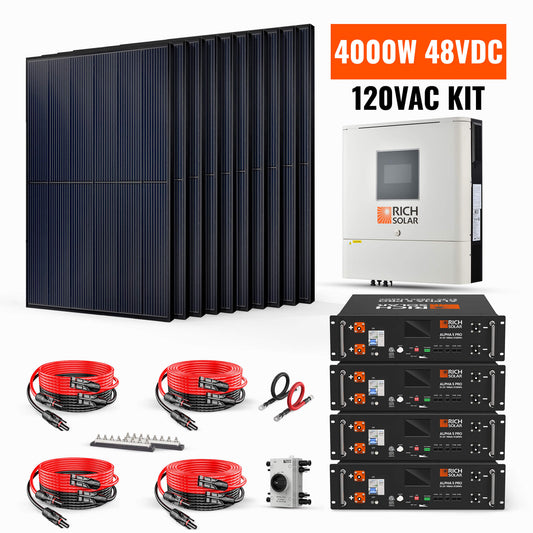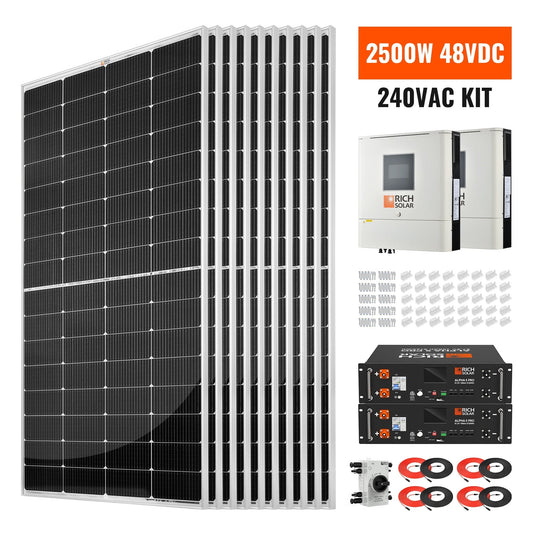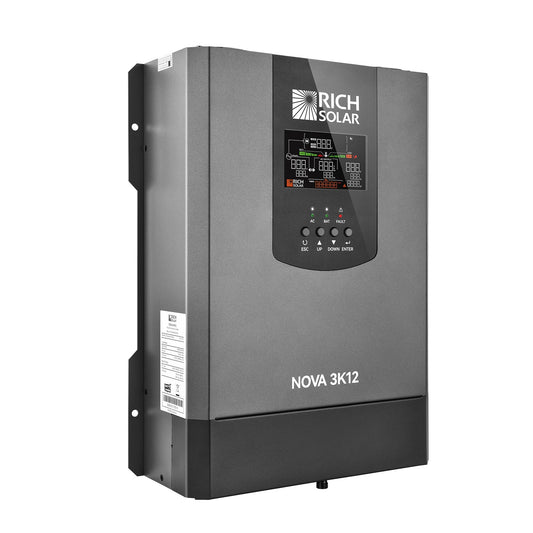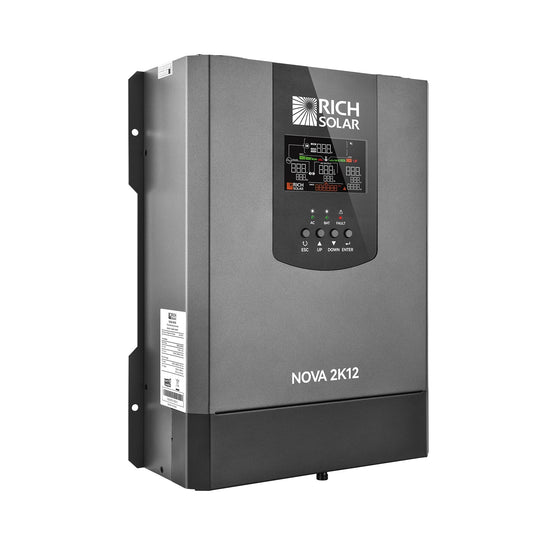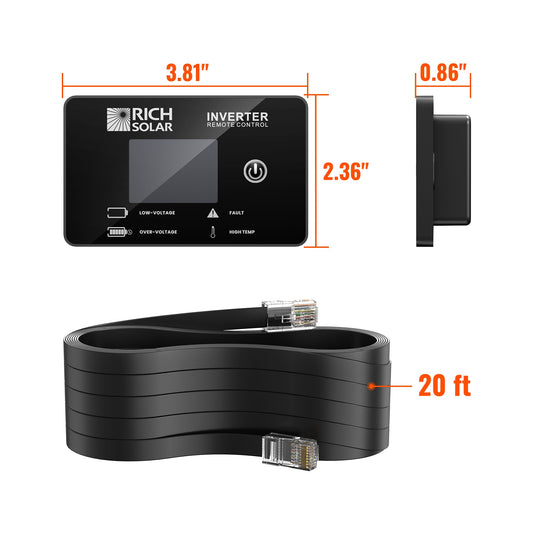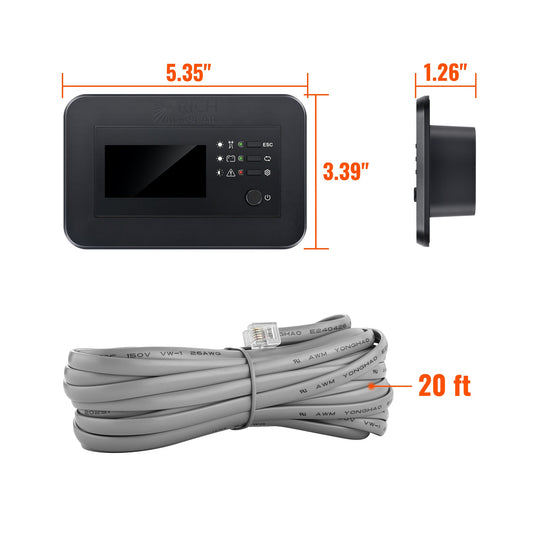Collection: Inverter
The Complete Guide to Inverters: Turning DC Power into Reliable AC Energy
What Is an Inverter and How Does It Work?
-
Definition of an inverter and its role in modern electrical systems
-
The basic principle: converting DC (direct current) from batteries or solar panels into AC (alternating current)
-
Core components: power transistors, control circuitry, and output filters
-
Real-world examples — how inverters power homes, vehicles, and off-grid systems
Types of Inverters and Their Applications
-
Pure sine wave inverters: ideal for sensitive electronics and appliances
-
Modified sine wave inverters: budget-friendly for basic devices
-
Grid-tie inverters: connect solar systems to utility grids
-
Off-grid and hybrid inverters: perfect for RVs, cabins, and backup power setups
-
Industrial and commercial inverters for large-scale operations
Choosing the Right Inverter for Your System
-
Key factors: wattage, voltage, wave type, and efficiency rating
-
How to size an inverter based on your total power load
-
Battery compatibility and solar integration
-
Recommended inverter brands and 2025 trends (Victron, Rich Solar, Growatt, EcoFlow, Renogy)
Installation, Safety, and Maintenance Tips
-
Step-by-step installation guide for home or RV setups
-
Ventilation, wiring, and grounding best practices
-
Common inverter issues (overload, overheating, shutdown) and how to fix them
-
Regular maintenance and firmware updates for long-term reliability
Frequently Asked Questions (FAQ)
1. What does an inverter do in a solar system?
It converts DC power from solar panels or batteries into AC electricity that can power standard home appliances.
2. What size inverter do I need for my home?
Add up your total wattage needs and choose an inverter 20–30% higher than your peak load to avoid overload.
3. What’s the difference between a pure sine wave and modified sine wave inverter?
Pure sine wave inverters deliver cleaner, smoother power — ideal for sensitive electronics — while modified sine wave units are cheaper but less efficient.
4. Can I run an inverter without a battery?
Yes, but only grid-tie inverters can do this safely. Off-grid and hybrid inverters need batteries for power stability.
5. How long do inverters last?
Typically 8–15 years, depending on usage, load capacity, and maintenance practices.


